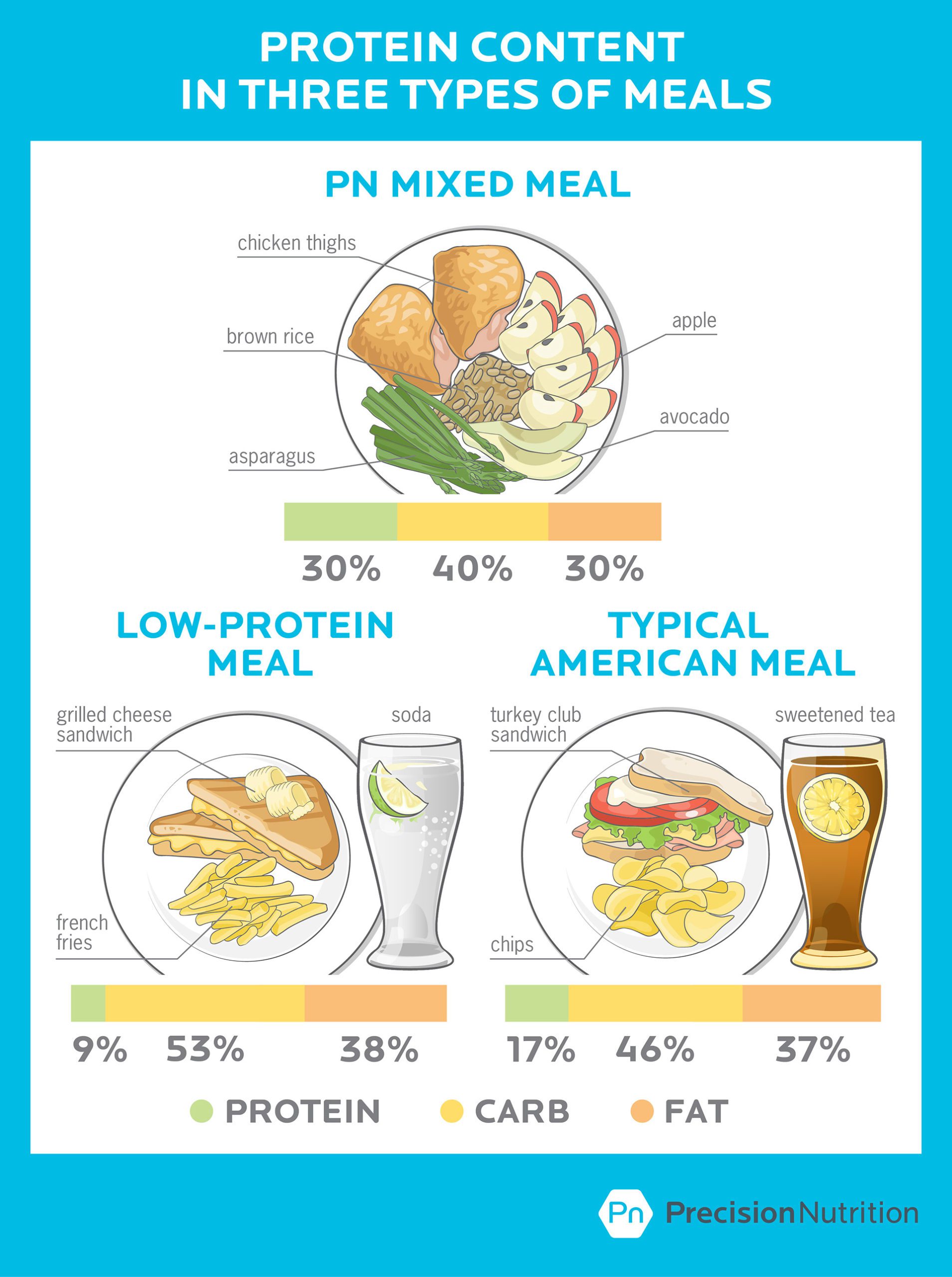Ahlian Jian Insights
Exploring the latest trends and news in various fields.
Protein Panic: Are You Getting Enough?
Discover the shocking truth about your protein intake! Are you getting enough to fuel your body? Read on to find out!
The Essential Role of Protein: Why You Can't Afford to Ignore It
Protein is often hailed as the essential macronutrient that plays a critical role in building and repairing tissues. Every cell in your body contains protein, making it vital for the production of enzymes, hormones, and other body chemicals. Without adequate protein intake, you risk compromising your muscle mass, immune function, and overall health. In fact, a deficiency in protein can lead to severe health complications, including muscle wasting, weakened immunity, and decreased energy levels. Therefore, understanding the significance of protein and ensuring you meet your daily requirements is crucial for maintaining optimal health.
Incorporating a variety of protein sources into your diet can also enhance your nutritional profile. Here are some excellent sources of protein to consider:
- Lean meats like chicken and turkey
- Fish, which is also rich in omega-3 fatty acids
- Legumes such as lentils and chickpeas
- Dairy products like yogurt and cheese
- Nuts and seeds, which are great for snacking
Whether your goal is to build muscle, lose weight, or maintain a healthy lifestyle, protein should never be overlooked. It's the cornerstone of a well-balanced diet that benefits not only physical health but also mental well-being.

Are You Protein Deficient? Signs, Symptoms, and Solutions
Protein deficiency is a growing concern for many individuals, affecting overall health and well-being. Signs of protein deficiency can manifest in various ways, including persistent fatigue, weakened immune function, and muscle loss. Individuals may also notice changes in hair and skin, such as dryness or thinning hair. In some cases, protein deficiency can lead to more severe conditions like edema, characterized by swelling in the legs and ankles. To monitor symptoms, it's essential to pay attention to your body and recognize any unusual shifts in energy levels or bodily functions.
Fortunately, there are effective solutions to combat protein deficiency. Incorporating a variety of protein-rich foods into your diet is crucial. Consider adding sources such as lean meats, dairy products, beans, legumes, and nuts to help meet your daily protein requirements. For those following plant-based diets, protein powders and fortified foods can be excellent alternatives. Additionally, consulting with a healthcare provider or a nutritionist can provide personalized recommendations tailored to your specific needs to ensure you maintain a balanced diet.
Debunking Protein Myths: What You Really Need to Know
When it comes to nutrition, protein often finds itself at the center of numerous myths and misconceptions. One of the most common myths is that protein is only for bodybuilders or athletes. In reality, protein plays a pivotal role in everyone's diet, helping to build and repair tissues, produce enzymes and hormones, and support overall bodily functions. It’s not just about muscle; adequate protein intake is essential for maintaining a healthy immune system, producing neurotransmitters, and ensuring optimal metabolic processes.
Another prevalent myth is the assumption that eating excessive amounts of protein will automatically lead to muscle gain. While it's true that protein is crucial for muscle repair and growth, it is the combination of protein intake, strength training, and overall caloric balance that contributes to muscle development. Furthermore, consuming too much protein can place unnecessary strain on the kidneys and may lead to other health issues. It's vital to focus on a balanced diet that meets your specific needs rather than following the belief that more protein equals better health.